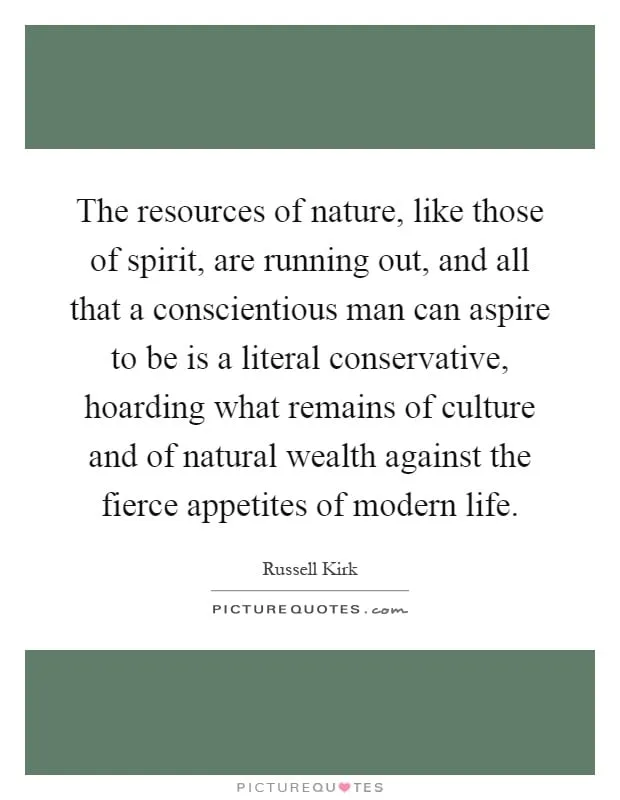
I joked with a friend who has just picked up Thomas Sowell's masterpiece, 'A Conflict of Visions' that the world has turned for him. He said that he already feels that the world has turned on him.
Ah, no doubt. I replied, that the world has taken a very pointed turn since the sixties. However, read Russell Kirk next and you'll learn that the world is both advancing and decaying simultaneously, and that man's great triumph lies in his capacity to align his soul with the transcendent moral order and his ability to resist anomie.
Whenever I begin to despair the turn the world is taking, I remind myself that Postmodernity is an era so new that it doesn't really have a name yet. We simply call it the era after modernity. The exciting thing is that people who are learning from Sowell and Kirk will be the ones who ultimately define what postmodernity will be, for the lies of our opponents will eventually betray themselves. "Men cannot improve a society by setting fire to it: they must seek out its old virtues, and bring them back into the light."
Soldier on faithfully. We may not be afforded first hand knowledge of the effects of our efforts on this side of eternity.
Kirk was certainly no Malthusian environmentalist, but he did see how mining and logging practices of the time (and he suspected our ravenous use of oil) was depleting our natural reserves (he lived, after all, in "stump country" Michigan where loggers had clear cut and not replanted.
Nevertheless, he believed that conservatism and conservation were natural bedfellows. Both were the same disposition applied to different issues. Whereas conservationists aim to preserve and enhance our natural ecology, conservatives aim to preserve and enhance our social ecology.
Seen in this way, I think it's clear that Kirk was concerned primarily with depleting our reserves of all things which enable us to flourish. Defending the permanent things is often the work of defending the great things that have been built up over the centuries but which can be destroyed quickly; the foundations of civil society, the store of wisdom, of social capital, and the institutions which harbor them.
I am not so sure that Kirk would feel that our natural energy resources are in jeopardy of being exhausted today, and he might even be happy that we've become energy independent and have reforested, but he would certainly be concerned about the depletion of the Great Lakes, the destruction of Appalachian mountains for coal, and the continued desecration of our landscape with billboards and ugly, inhuman urban sprawl. I suspect he would rather like the turn toward humane-scale new urbanism and the centering of neighborhoods rather than housing projects.
